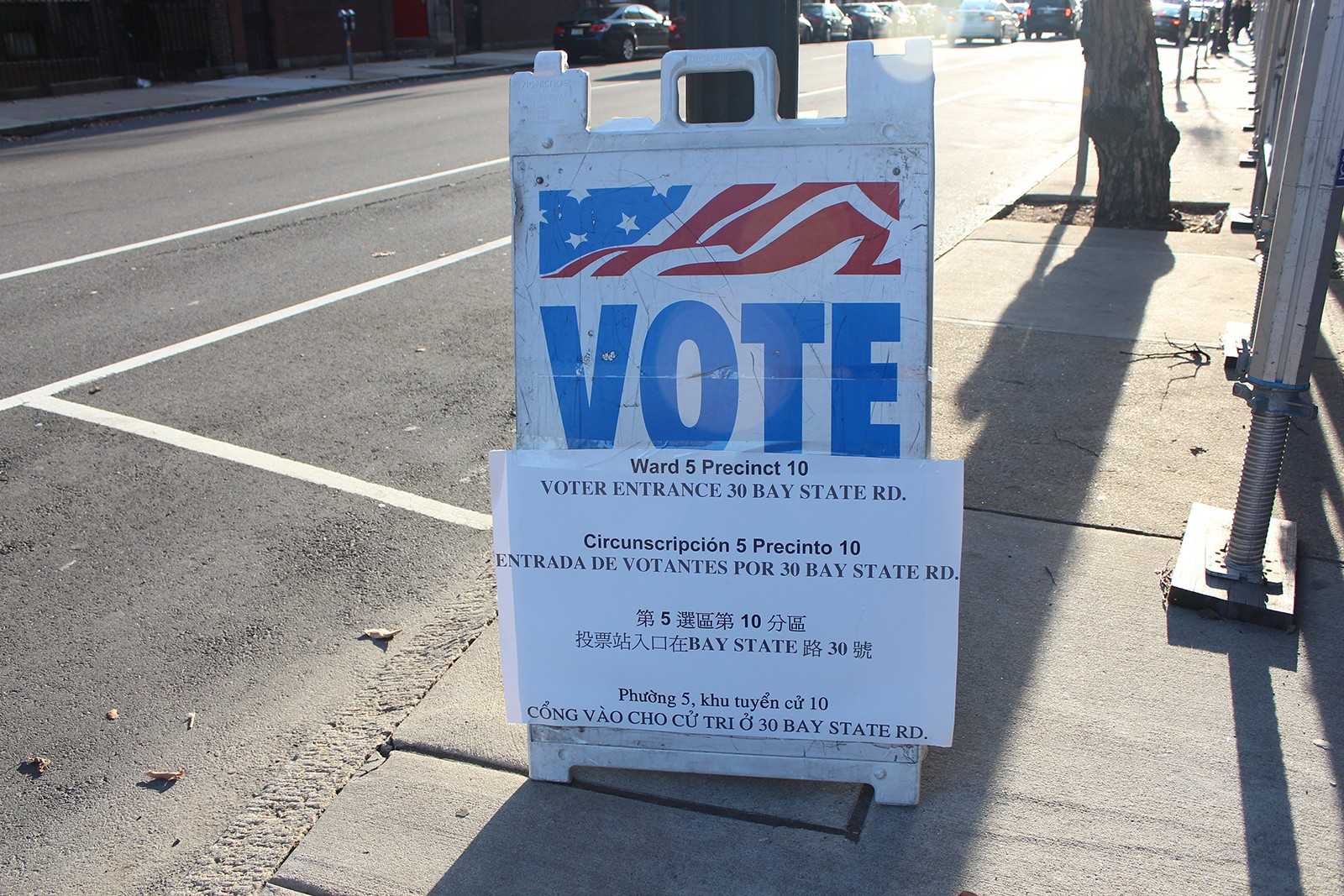Virginia Gov. Terry McAuliffe issued an executive order that grants voting rights to all 200,000 convicted felons in the state, The New York Times reported.
The state’s constitution previously barred felons from voting since the Civil War. Virginia now allows all felons to vote, as long as they have completed their prison sentences or have earned probation.
“People have served their time and done their probation,” McAucliffe told the Times. “I want you back in society. I want you feeling good about yourself. I want you voting, getting a job, paying taxes.’’
Only about 20 percent of felons turned out to vote last election, and felons tend to favor the Democratic Party, according to the Times.
In statement Friday, Virginia Republicans accused the governor of “political opportunism” and described his executive action as “a transparent effort to win votes,” according to the Times.
When it comes to restricting felons’ voting privileges, taking away those rights is entirely unfair. People in prison are still living under the government and are still affected by governmental policies — especially those that specifically target prisons.
U.S. prisons are meant to be institutions of reform, even though they rarely end up working that way. Once criminals go in, they should be able to seamlessly integrate themselves back into society. But not being able to vote post-prison only alienates them even more and differentiates felons from the general population in yet another way.
Denying formerly incarcerated citizens the right to vote causes the country to acknowledge that its prison system is not a place for rehabilitation, but a place of eternal repression. Prohibiting felons who have already carried out their prison sentences from voting suggests that the purpose of prison is not, in fact, reform.
So out of prison, not only can a person not vote, but they also can’t get a job, can’t take out a loan or have a decent life. Withholding voting rights from felons only perpetuates the cyclical nature of prisoners, and it makes them feel less and less like valued American citizens. Prison is supposed to be temporary.
There’s a lot of talk about what prison is supposed to be, but then there’s the reality of what prison actually is. The prison system needs to be heavily restructured until prisoners are treated like actual people again. And giving them the right to vote in or out of prison is a tiny step in the long walk to total reform.
Voting in the United States is too often taken for granted. Felons have to vote not only for themselves, but also for their families. They provided a needed perspective in running the U.S. government. All state governments need to foster a culture in which voting is a highly valued right.
Parents who have been in prison won’t be able to vote, and their children probably won’t be encouraged to vote, thus creating another generation of Americans who just don’t care about voting.
It’s upsetting how much this issue is getting politicized. Virginia’s move is being scrutinized heavily due in part to its proximity to Washington D.C, and partly due to McAuliffe’s support of Hillary Clinton.
The governor is not using felons for votes. And even if he were, it wouldn’t make much of a difference. Republicans are essentially using this situation as a way to deny people their rights. That’s just politics in action.
Committing a crime doesn’t take away a person’s status as a human being. Felons are still American citizens, even despite their crimes. If there’s ever an opportunity for a felon to be let out of prison, they need to be guaranteed all of their rights, including voting. Denying an American citizen of their right to vote is just as much a crime as any other.





















































































































Missy • Apr 26, 2016 at 9:09 am
As long as they cannot legally defend their own life with a firearm they are still considered to be subhuman by the courts so this token effort is meaningless smoke and mirrors.